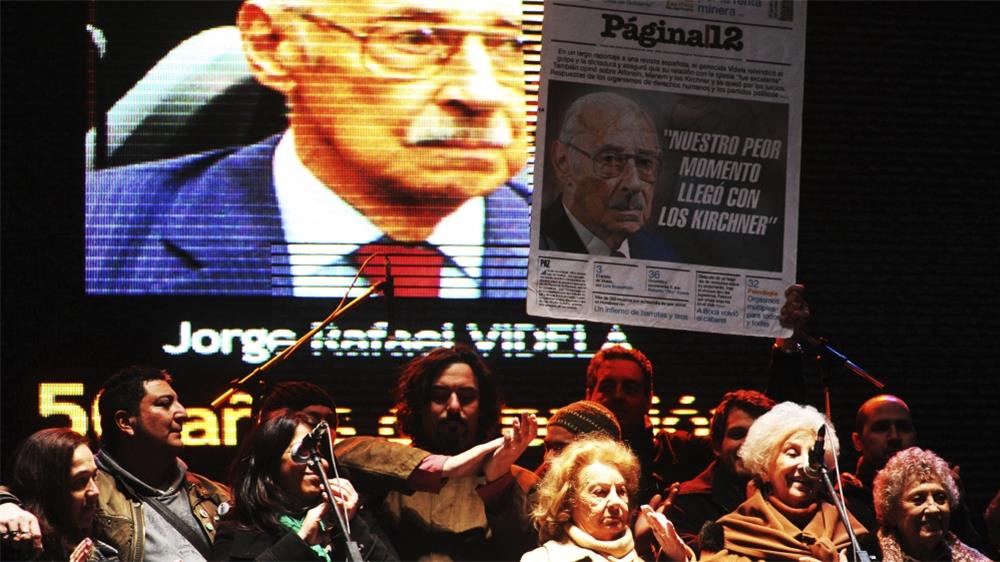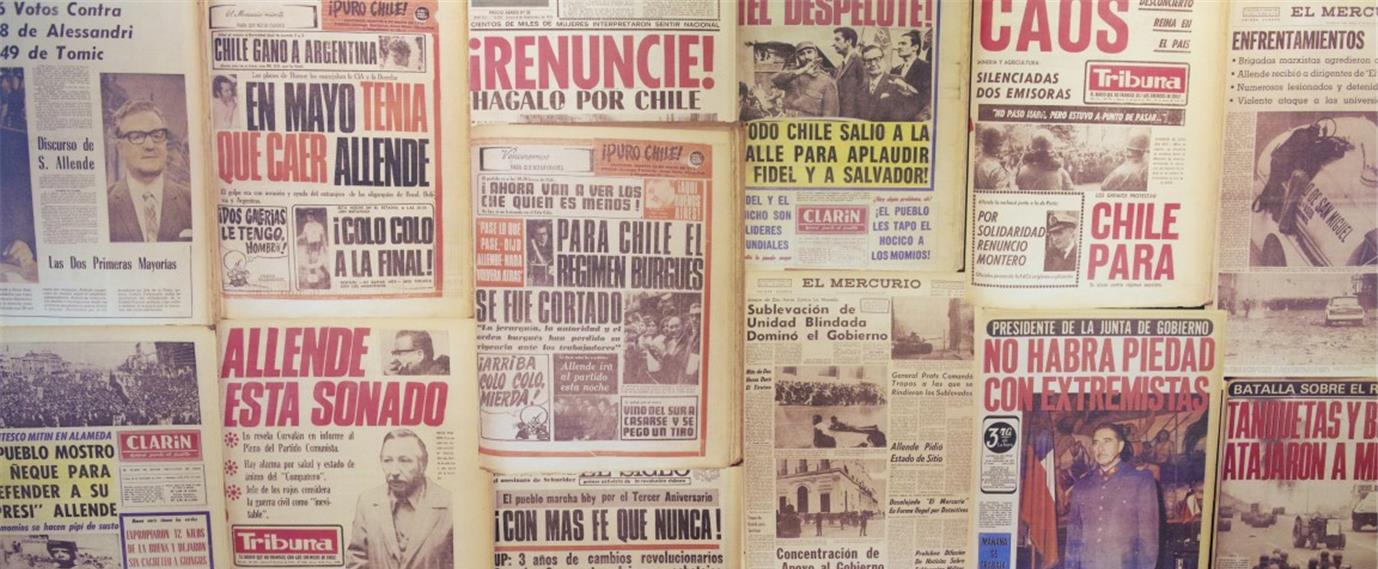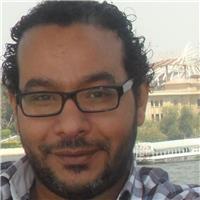مع بداية ظهور المطبعة في أوروبا عام 1448، لاحت فكرة الصحافة في الأفق. كانت الفكرة فيالأساس تعتمدعلى نشر الأخبار وتداولها، بالاعتماد على الموضوعية كمعيار رئيسي في المهنة، أُضيف إليها بعد ذلك الرأي، لمزيد من الموضوعية. غير أن الأيام برهنت على أن "الخبر" لا يعتمد على الموضوعية وحدها، وأن الأهواء تشكّل جزءا في كتابته. كما أثبتت أن "الرأي" صالح ليكون بوقا للدعاية. ولأن الصحافة يجب أن تقوم على الخبر والرأي، كان ضروريا إضافة مكونات أخرى. من هنا جاءت فكرة الصحافة الاستقصائية.
كل صحافة بحاجة إلى تقصٍّ
ظلَّ الاستقصاء ركنا من أركان الصحافة دون أن يكتسب لمعانا كبيرا، ودون أن يكون تخصصا حتى يوم 17 يونيو/حزيران 1972، ففي هذا التاريخ أدَّى استقصاء صحفي في قضية "ووترغيت" إلى استقالة الرئيس الأميركي ريتشارد نيكسون. من هنا انتبهت الصحف الغربية إلى قوة الأداة التي كانوا يمتلكونها ولم يفعلوها من قبل. أداة كان من أوائل مؤسسيها بعد تدشينها كفرع مستقل، الأميركيان إدوارد بوكي ومارك سوليفان اللذان استقصيا في الأدوية التي تحتوي على مواد مخدرة وتباع دون استشارة الطبيب في نيويورك عام 1904.
مع ذلك، علّق الروائي والصحفي الكولومبي غابرييل غارسيا ماركيز على هذا التخصص بأن "الاستقصاء ليس فرعا من الصحافة، بل إن كل صحافة يجب أن تكون استقصائية بالتعريف". تعريف ماركيز الملفت والبليغ يتجذر في جوهر الصحافة، إلا أن الصحافة الاستقصائية بالفعل صارت فرعا وتخصصا يختلف عن الأنواع الأخرى. فكل صحافة بالفعل تحتاج إلى تقصٍّ، غير أن الاستقصاء يختلف في تقنياته وأهدافه وموضوعاته عن الخبر والمقال والحوار، وإن كان ينطلق منها وبناء عليها.
تنوعت تعريفات هذا النوع من الصحافة وإن تشابه الجوهر، فالصحافة الاستقصائية هي المادة الصحفية القائمة على أسس منهجية يستخدمها الصحفي للحصول على المعلومات. كما أنها العلاقات المحددة بين الصحفي والمصدر، وأيضا البحث عن أهداف محددة تتصل بالنقد الاجتماعي، إذ إن أحد أدوار الصحافة الأساسية في الدول الديمقراطية هي كشف العوار المجتمعي ومراقبة السلطة، ويتحقق ذلك كلما تمتعت وسيلة الإعلام بقدر كبير من الحرية.
التحدي الحقيقي الذي يواجه الصحفي الاستقصائي أن المصادر تتعمد في كثير من الأحيان إخفاء العوار ليبدو كل شيء على ما يرام. من هنا، كان نجاح الاستقصاء يتكئ على تنوع المصادر وفرزها، بالإضافة إلى الاعتماد على الملاحظة، خاصة في استقصاء الشارع أو المجتمعات المهمشة.
الاستقصاء في العالم الهسباني
حالات نجاح أو إخفاق، وربما اختفاء الاستقصاء تتوقف على مدى حرية الصحافة الممنوحة من السلطة، كما تتوقف على المجتمع مسرح الحدث، ثم على مهارة الصحفي في التقاط الأزمة التي يجب الاستقصاء حولها، حتى وإن بدت للعيان جزءا من مفردات الحياة. ولعل مثال الصحافة الاستقصائية في العالم الهسباني (الدول الناطقة بالإسبانية) خير مثال على تطور الصحافة الاستقصائية، إذ انتقلت تلك الدول من الخضوع لحكومات مستبدة إلى الخضوع لأخرى ديمقراطية، الأمر الذي ساهم في انتعاش الصحافة الاستقصائية فيها.
لقد أُجهضت الكثير من الاستقصاءات ولم يُكتب لها أن ترى النور إلا بعد سنوات بسبب طبيعة الحرية الممنوحة في المجتمع الهسباني، ومنها حالة الأرجنتين. فالدولة اللاتينية التي عاشت تحت الدكتاتورية بين عامي 1976 و1983 تبنَّت فيها الصحف -كرها أو طوعا- خطاب السلطة، وهو ما يعني أن أي نقد -وهو العمود الفقري للاستقصاء- سيكون خارج السياق. تقول دافني غارسيا لوسيرو في مقالها المنشور بمجلة "لاتينا" عام 2000 "إن الصحافة الاستقصائية عملت بأثر رجعي عقب إزاحة الدكتاتورية، وكان ذلك بهدف مراجعة تاريخ البلد ومعرفة ما حدث وإقامة البراهين عليه" (1).
ما تعرضت له الأرجنتين كنموذج، عاشته إسبانيا أيضا خلال فترة حكم فرانكو التي امتدت لأكثر من أربعين عاما، فلم يكن هناك صحافة استقصائية ولم تكن السلطة لتتقبل النقد. حينها، كان الاصطفاف الوطني واجبَ كل مواطن، وكان على الصحافة أن تصطف أيضا. ثم جاء الدور القوي للاستقصاء الذي كشف تاريخا ظل مجهولا لما يقرب من نصف قرن، وانتقل الاستقصاء من الصحافة إلى الكتب، مستخدما نفس التقنية الصحفية.

إظهار المخفي
من ناحية أخرى، قسّمت الأستاذة بجامعة برشلونة الوطنية مونتسرات كيسادا صحافة الاستقصاء إلى ثلاثة أنواع: استقصاء في أحداث تاريخية لا علاقة لها بالحاضر، وآخر عن الأحداث الراهنة، وثالث عن أحداث تاريخية لا تزال تلقي بظلالها على الحاضر. بهذه الطريقة يمكن تعريف الاستقصاء بأنه "التفتيش في الغرف المغلقة". وبذلك، يلتقي هذا النوع من الصحافة مع التاريخ في مسألة النبش في الماضي، كما يلتقي مع العلوم الاجتماعية والأنثروبولوجيا في دراسة الظواهر، ويتقاطع مع العلوم السياسية إن اتفقنا أن كل ما يخص الشعوب جزء لا يتجزأ من السياسة، خاصًة ما يخص الحكومات.
تؤدي بنا هذه الاستخلاصات إلى الاعتراف بتأثير صحافة الاستقصاء سواء بشكل مباشر أو غير مباشر على العلوم الإنسانية، ومن بينها الأدب. كأنَّ الاستقصاء بانفتاحه على تاريخ الإنسان يفتح قنوات مع كل العلوم التي ترتبط به، وينهل منها كما يصب فيها.
ولأن الصحافة ابنة الحداثة الملتصقة بالبحث عن الحقيقة والموضوعية واستهداف معرفة العالم، كان لا بد أن يكون الاستقصاء أحد أهم فروعها، إن لم يكن الفرع الأهم فيها. هذا أيضا يتفق مع رأي رئيس التحرير السابق لجريدة "آي.بي.سي"الإسبانية لويس ماريا أنسون الذي يعتقد أن "صحافة الاستقصاء تقوم بمهمة صعبة وحساسة بالدفاع عن الشفافية الديمقراطية وإظهار المخفي وغير المرئي". وهذه المهمة تحديدا هي ما يجعل الاستقصاء يضم الخبر الذي يقوم عليه التحقيق، ويعتبر بطريقة أو بأخرى حاميًا للشفافية التي تطمح إليها المجتمعات المأزومة، مثل مجتمعات اليوم على تنوعاتها والفروقات بينها.
لكن، هل الصحافة مستقبلا بحاجة إلى الاستقصاء؟ يقول أنطونيو روبيو إن "الصحافة الاستقصائية والمرئية هي مستقبل هذه المهنة" (2). يبدو هذا التوقع مصيبا بشكل كبير، بعد أن استنفدت الصحافة الكثير من وسائلها، وبعد أن تطورت المجتمعات فأصبحت بحاجة أكبر إلى مصادر المعلومات، بل أيضا إلى طريقة جديدة في الكتابة تفارق بها الصحافة أسلوبها القديم. روبيو يتحدث من منطقة يعرفها جيدا، إذ لاقت استقصاءاته نجاحا كبيرا على مدى تاريخه المهني، ولعل أشهر هذه الاستقصاءات كشف بعض أكبر الفضائح السياسية في تاريخ إسبانيا الحديث، مثل هروب لويس رولدان أحد الساسة السابقين بالحزب الشيوعي العمالي الإسباني والمدير العام لشرطة الحرس المدني الذي اضطر لتقديم استقالته عام 1993 عقب كشف فساده. وكشف روبيو أيضا الفساد الحكومي في مدينة ماربيا التي تستقبل ملايين السياح وينفق فيها ملايين الدولارات.
ورغم أهمية الاستقصاء السياسي، فإن البعد الاجتماعي الذي يمس الناس وحيواتهم وأزماتهم وطريقة معيشتهم، يمثل بعدا أكثر فائدة. من هنا يبدأ نجاح الاستقصاء في بعض الأحيان، من أحاديث الناس اليومية العابرة.. أحاديث قد تتحول إلى مادة خام لعمل أكثر توسعا. والحقيقة المعروفة بين صحفيي الاستقصاء أن الصحفي لا يمتلك وصفة سحرية لنوعية الموضوعات الضرورية، إذ إن الطريقة الوحيدة لمعرفة ذلك ستكون الخبرة اليومية المتراكمة والإنصات جيدا لصوت الشارع. بذلك، تصبح درجة ثقافة الصحفي وحساسيته ومنهجيته العلمية شروطا يتوقف عليها نجاح عمله الذي هو –بالتأكيد- تقديم معلومات صحيحة تماما عن حالة غير معروفة للجمهور.
في نفس السياق يرى غوستافو مارتينيز باندياني (3) أن العثور على موضوع يستلزم ثلاثة أشياء رئيسية:
1) التركيز في كل المنتوجات المكتوبة والمرئية والمسموعة.
2) عمل قائمة بالأحداث المتوقعة المترتبة على أحداث معروفة.
3) التحدث باستمرار مع موظفين بالدولة والناس في الشارع، بالإضافة إلى المبادرة والقدرة على الاقتحام.
تطور الاستقصاء
رغم أن الاستقصاء انطلق من قضايا سياسية خاصة بفساد أنظمة الحكم وعلى رأسها الرؤساء، وانتقل إلى النقد الاجتماعي لكشف عوار المجتمع ومحاولة رأبه، ثم إلى التاريخ فاتحاً أرشيفه أو مؤسِّسا لأرشيف جديد، فإنه انتقل بعد ذلك إلى فروع أوسع ليشمل:
1) مسائل قضائية: كما فعل استقصاء نُشر بجريدة "كامبيو 16" عام 1983، كشف تورط قضاة في تلقي رشوة من محامين في قضية شهيرة ملتصقة بالمافيا الإيطالية.
2) مسائل فنية: استقصاء نشر في "تييمبو" عام 1984 عن وجود سوق كبيرة وهائلة تدير المتاجرة في اللوحات المزيفة. على رأس هذه السوق شخصيات شهيرة في عالم الفن، مثل خوليو برادو وكولون دي كارابخال.
3) مسائل بيئية: لا تزال في تطور، لكن هناك استقصاءات هامة عن تلوث البيئة مثل استقصاء الصحفي رفائيل ثيد عن تلوث المياه في حديقة دونيان.
4) مسائل اقتصادية: مثل استقصاء جريدة "إنترفيو" عن تورط عمدة سابق في جرائم تزوير العملة بالمشاركة من إحدى الشخصيات البارزة في بنك برشلونة المركزي.
5) مسائل التجسس: في نوفمبر/تشرين الثاني 1984 وفي السفارة الأميركية بمدريد، اعترف إسماعيل آلن أثيبيدو بانتمائه إلى الشرطة التشيلية وأنه أحد الأفراد الذين اغتالوا وزير الخارجية التشيلي السابق أولارندو لِتِلير عام 1976، إذ عمل لتلير في حكومة سلفادور الليندي التي واجهت انقلابا عسكريا. اعترف أثيبيدو كذلك بأن عمله كان يتلخص في السيطرة على حركات المعارضة من تشيلي إلى إسبانيا، ومراقبة المظاهرة ضد حلف الناتو الأطلسي.
بالإضافة إلى الاستقصاء "الطائفي والإرهابي"، وهي استقصاءات حديثة نسبيا تسعى للتعرف إلى أفكار وطموحات الطوائف المختلفة داخل بلد ما، كما أن بعضها يسعى للتعرف إلى أفكار "الإرهاب" وأسانيده.
وأخيرا، وكما يقول داريو كلين (4)، فإن صحافة الاستقصاء هي التي تساعد المواطنين على المشاركة في القرارات التي تؤثر على حيواتهم، وتكشف لهم الواقع الذي يحيط بهم، لكنه أيضا يمثل جرس إنذار لمخاطر قد تؤدي إلى سقوط دول وانهيار اقتصادات، سواء بأيدي المواطنين أنفسهم، أو بأياد أخرى مخربة.
هوامش
(1) دافني غارسيا لوسيرو (1968)، أستاذة في جامعة قرطبة بالأرجنتين.
(2) أنطونيو روبيو (مليلية، 1951)، أحد أبرز صحفيي الاستقصاء في إسبانيا، نشرت تحقيقاته الاستقصائية في عدد من الصحف الإسبانية منها: صحف كتالونيا، إنترفيو، كامبيو 16، وإلموندو، وهو مدرس بجامعة الملك خوان كارلوس.
(3) غوستافو مارتينيز باندياني: (الأرجنتين، 1966) صحفي ومؤلف كتاب "الصحافة الاستقصائية".
(4) داريو كلين (منتفديو، 1969) صحفي استقصائي من أورغواي، حاصل على دكتوراه في الصحافة الاستقصائية ومخرج أفلام وثائقية.








































